
- Article
- Article
A history of gestation outside the body
It’s been over 400 years since a Swiss alchemist theorised that foetuses could develop outside the womb. Claire Horn examines incubator technology past and present, and explores the possibilities recent prototypes might bring.
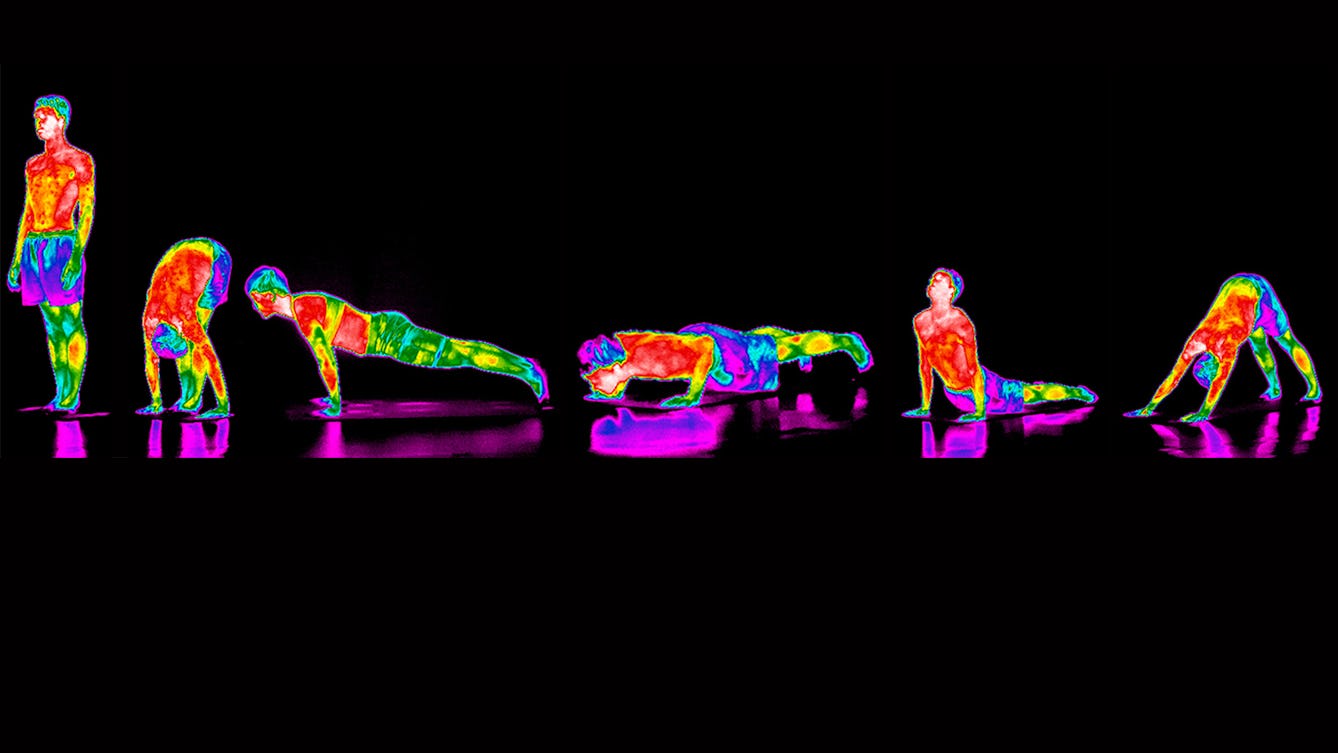
- Article
- Article
Yoga adapts to time and place
A yoga teacher in 1930s India inspired today’s transnational practice with his spectacular fusion of tradition and innovation.
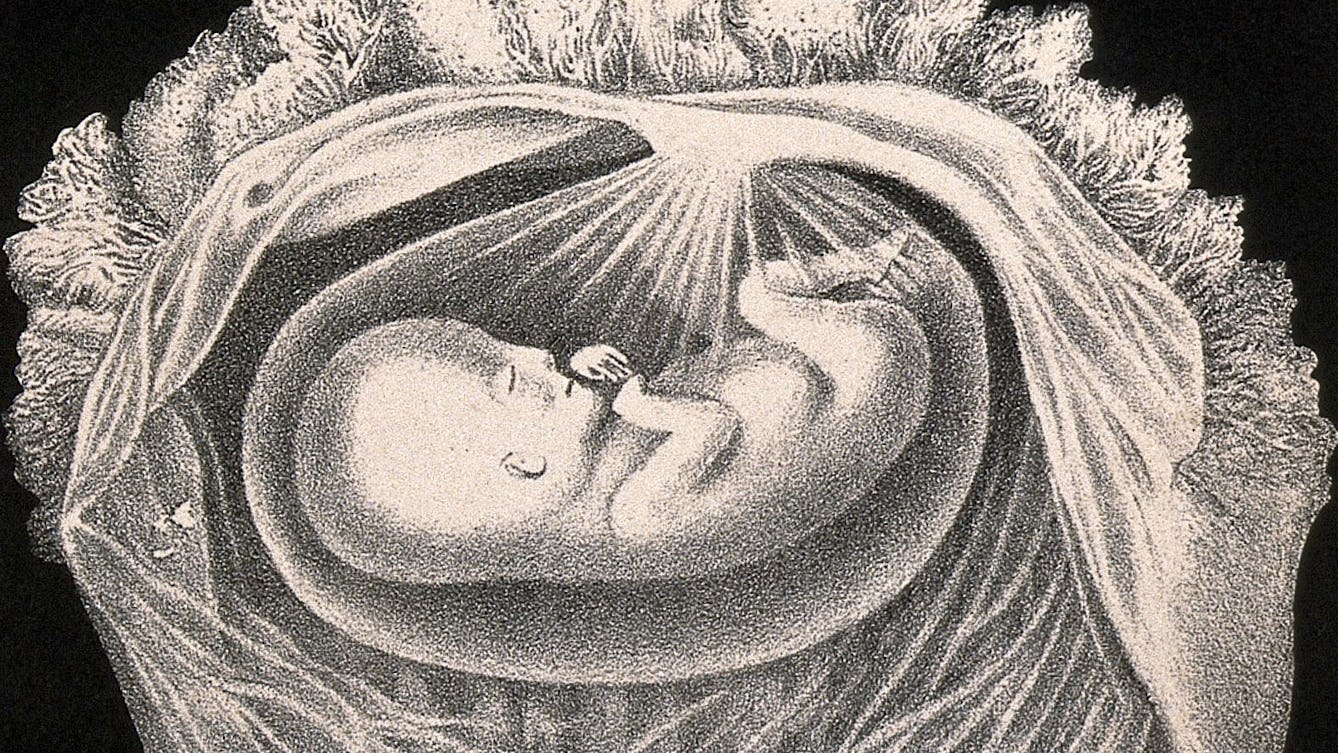
- Article
- Article
The quest to breed gifted children
If you had the chance, would you choose a genius baby?

- Interview
- Interview
Inside the mind of Living with Buildings curator, Emily Sargent
Curator Emily Sargent reveals why council estates and a Finnish TB sanatorium were chosen for the ‘Living with Buildings’ exhibition.

- Article
- Article
Where does violence come from?
The popular understanding of certain ideas in psychology have become so embedded that it’s easy to blame the parents when a young person commits a crime. Laura Bui looks to the past for evidence.

- Article
- Article
Chemical highs and psychedelic research
Could recreational drugs make you happy? Kate Wilkinson explores why keen clubber Simon believes taking psychedelics has helped him develop as a person.

- Article
- Article
Yoga gets physical
Modern yoga owes a debt to the physical culture movement that created a world obsessed with health and fitness.

- Article
- Article
A history of twins in science
For thousands of years, twins have been a source of fascination in mythology, religion and the arts. Since the 19th century, they have also been the subject of scientific study and experimentation.

- Article
- Article
Shame, condemnation and conscience
Where does shame comes from and what fuels it? Lucia Osborne-Crowley explores audience, gender and the difference between shame and guilt, asking if either can ever be useful.

- Photo story
- Photo story
Trans masculinity on the record
Curator of the Museum of Transology in Brighton E-J Scott tells the story behind a few of the 250 objects from the collection, and the powerful effect they had on him as he put trans lives on the record.
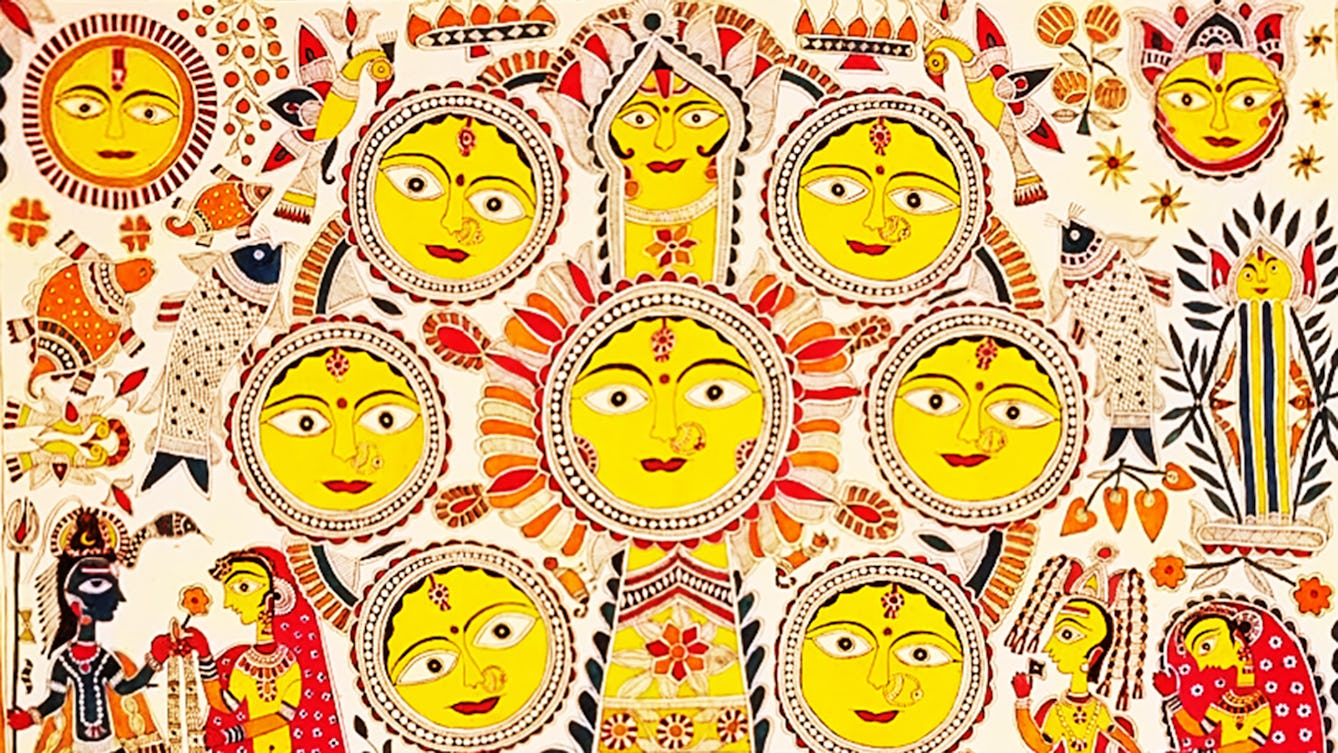
- Article
- Article
Sun salutations and yoga synthesis in India
Surya namaskars, or sun salutations, have a long history in South Asia, but their place at the heart of modern yoga is more recent.

- Article
- Article
How trauma affects the body and mind
The long and devastating aftermath of an attack have given writer and broadcaster Bidisha unique insight into the suffering of other victims. Here she explores survival and healing in those who have experienced trauma.

- Interview
- Interview
Inside the mind of George Vasey, co-curator of Misbehaving Bodies
Discover how curator George Vasey honoured the approaches of Jo Spence and Oreet Ashery, who mischievously subvert clichés around illness and death.

- Article
- Article
This is a MOOD
Adults might sometimes dismiss teenagers’ ‘moodiness’, but adolescence is a time of complex shifts in brain and body, which are intricately bound up with fluctuating feelings.

- Article
- Article
How music opens the doors of memory and the mind
People living with dementia can often still listen, perform or move to music. What does this tell us about how memories are formed?

- Article
- Article
Manipulating the evidence with deepfake technology
How can you be sure that the person speaking on the screen is genuine? Find out how sophisticated digital manipulation is blurring the boundaries between real and ‘deepfake’.
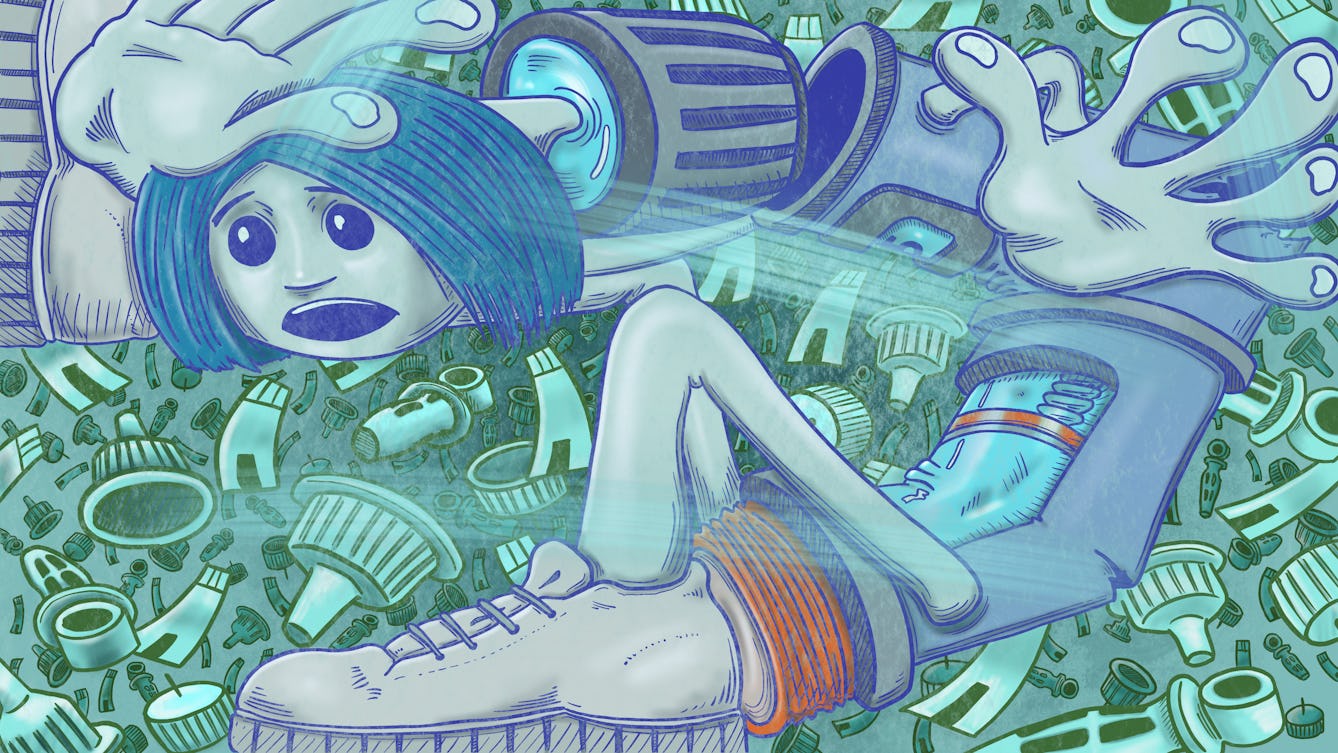
- Article
- Article
Abandoning daydreams of a life without diabetes
After years of longing for a cure for her type 1 diabetes, Daisy Watson Shaw, partly due to medical advances in managing the condition, has reached a state of acceptance. Her wishes now are for greater understanding.
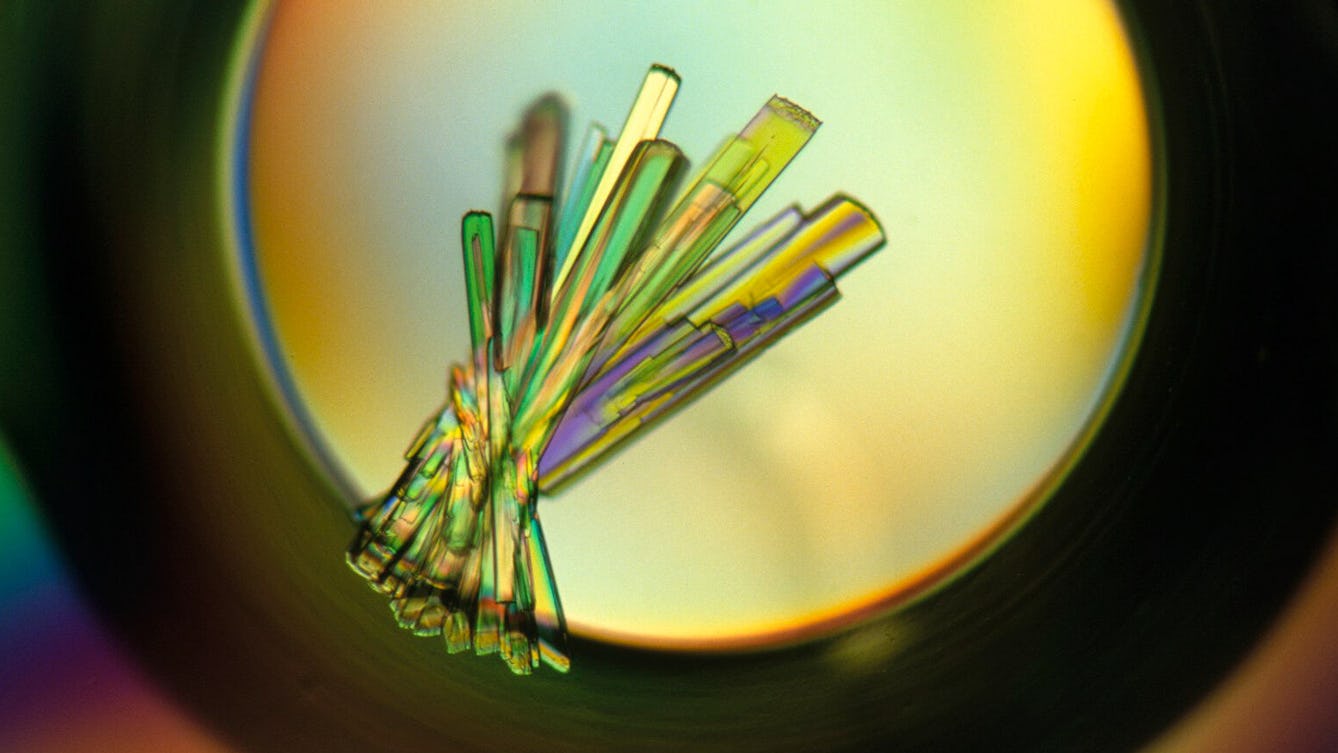
- Article
- Article
Why gene editing can never eliminate disability
In a world where DNA testing and gene editing offer ways to eliminate certain disabilities, Jaipreet Virdi explores a more accepting and inclusive approach.

- Article
- Article
How tuberculosis became a test case for eugenic theory
A 19th-century collaboration that failed to prove how facial features could indicate the diseases people were most likely to suffer from became a significant stepping stone in the new ‘science’ of eugenics.

- Article
- Article
The child whose town rejected vaccines
Gloucester, 1896. Ethel Cromwell is taken ill at the height of Britain’s last great smallpox epidemic.

- Article
- Article
Is it really OK to not be OK?
Our mental healthcare system is still the poor relation of services that treat physical illness, and the pandemic has shone a spotlight on this situation. Campaigner James Downs argues for fundamental change.

- Article
- Article
Defying deafness through music
Did you know that Beethoven’s profession meant he was ashamed to admit to being deaf? Find out how similar prejudices persist today and how our writer is helping to break them down.

- Article
- Article
The shifting shape of language
Author Jessica Andrews explores how her brother’s deafness has influenced her relationship with words and the world.

- Article
- Article
Disability in the post-pandemic world
Disabled people have suffered more than most during Covid-19, but there is still a chance to build a kinder society. Dolly Sen explores whether we will come together, or allow more brutal disparities to develop in the worsening recession.

- Article
- Article
Do good mothers make good democracy?
To be psychologically fit for democracy, one distinguished paediatrician argued that you need a ‘good enough mother’ – and that we must acknowledge the bad side of our feelings.